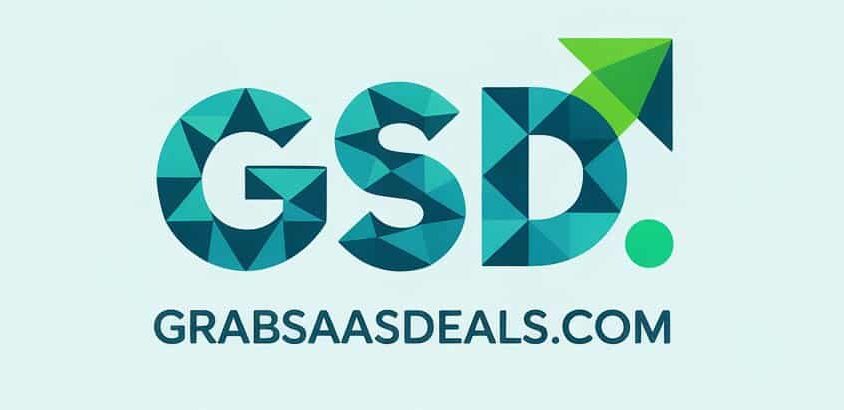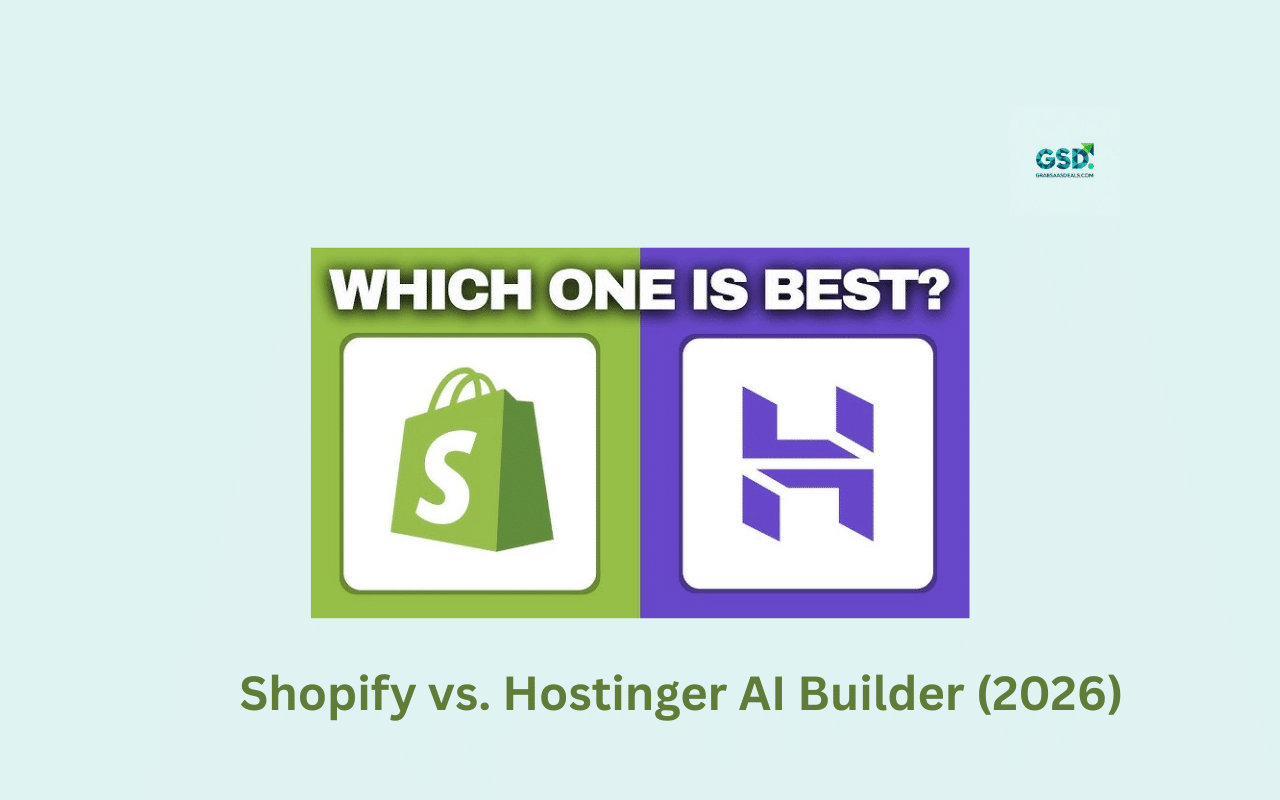The e-commerce landscape of 2026 is defined by one word: AI. As Artificial Intelligence moves from a niche tool to a fundamental platform feature, the choice of the right e-commerce builder has never been more critical. This ultimate showdown between Shopify—the industry titan—and the incredibly cost-effective and accessible Hostinger AI Builder will help you decide where to launch and scale your online store.
AI-Powered E-commerce Features: Speed vs. Scale
The core of the 2026 battle lies in each platform’s AI capabilities, which promise to automate store design, content creation, and even customer interactions.
Shopify’s Advanced AI Ecosystem
Shopify’s strategy centers on deep integration and advanced features, leveraging AI as a powerful assistant for scaling businesses.
- Shopify Magic & Sidekick: Shopify Magic continues to evolve, using AI for writing high-converting product descriptions, blog posts, and marketing copy in seconds. Sidekick, their built-in AI assistant, helps with complex tasks like store setup, data analysis, and even troubleshooting, acting as a dedicated, 24/7 AI commerce assistant.
- Conversion-Optimized Checkout: By 2026, Shopify’s new checkout extensibility framework, powered by AI-driven insights, ensures one of the fastest and most reliable checkout experiences, improving conversion rates and supporting advanced B2B and multi-currency transactions globally.
- AR and Visual Commerce: Advanced AI powers virtual try-ons and product previews using Augmented Reality (AR), a major feature for increasing customer confidence and reducing product returns in fashion and home goods.
Hostinger AI Builder’s Simplicity and Speed
Hostinger’s focus is on accessibility and getting beginners online fast with its AI builder.
- Instant Store Generation: The Hostinger AI Builder excels at generating a fully functional e-commerce store—including initial layout, images, and content—from a simple text prompt in minutes. This makes it an ideal AI website builder for small business.
- Built-in AI Tools for Content: Features like the AI Writer and AI Image Generator are integrated directly into the editor, simplifying content creation without the need for third-party apps, saving both time and money.
- Zero Transaction Fees: A major selling point for budget-conscious sellers is Hostinger’s commitment to 0% transaction fees on sales processed through their platform, letting you keep more of your revenue.
Pricing & Value: Which Is the Smarter Investment?
When comparing e-commerce platforms in 2026, the total cost of ownership (TCO) is crucial.
| Feature | Hostinger AI Builder (Business Plan) | Shopify (Basic Plan) |
| Target User | Beginners, small businesses, budget-focused | Growing businesses, established e-commerce brands |
| Starting Price | Significantly lower, typically under $10/month (long-term plan) | Higher, typically around $29/month |
| Transaction Fees | 0% (you only pay the payment processor’s fee) | Starts at 2.9% + $0.30 (using Shopify Payments), extra fee if using third-party gateways. |
| Product Limit | Often capped (e.g., up to 1,000 products on the core e-commerce plan) | Unlimited products |
| Key Advantage | Unbeatable affordability and simplicity. | Dedicated e-commerce toolkit and massive app ecosystem. |
Verdict: For low-volume sellers and those prioritizing a tight budget, Hostinger offers unparalleled value with its low subscription cost and zero transaction fees. For those who anticipate rapid scaling and require specialized tools, Shopify’s investment pays off with its comprehensive, all-in-one platform.
Ease of Use and Scalability
Ease of Use: A Closer Look
- Hostinger: Wins for pure simplicity. Its drag-and-drop editor and prompt-based AI generation mean you can literally go from idea to live store in under an hour without needing to understand e-commerce complexities.
- Shopify: Is incredibly user-friendly for a dedicated e-commerce system, but its workflow is more structured and commerce-focused. While setup is guided, customization relies on a “section-based” editor and theme structure, which is less flexible than Hostinger’s drag-and-drop.
Scalability and Ecosystem
- Shopify: Built for maximum scalability. The vast Shopify App Store boasts thousands of dedicated e-commerce extensions, allowing you to integrate with virtually any third-party service, from advanced ERPs to complex logistics providers. This is a platform for building a $1 million+ business.
- Hostinger: Provides solid tools for small to medium growth, integrating with popular services and offering built-in email marketing. However, its app and integration ecosystem is smaller and less specialized for complex, high-volume e-commerce needs.
Final Verdict: Which AI Builder is Right for You?
Choosing the winner in this AI builder comparison depends entirely on your business stage and goals:
| Choose Hostinger AI Builder if… | Choose Shopify if… |
| You are a beginner or launching a small side business. | You are an established business aiming for high growth and revenue. |
| Budget and low monthly cost are your top priority (especially the 0% transaction fee). | You need advanced, dedicated e-commerce features (e.g., POS, complex inventory, B2B). |
| You want the fastest setup time and a true drag-and-drop editor. | You require a massive ecosystem of third-party apps and integrations. |
In the 2026 e-commerce showdown, Hostinger is the undisputed champion of affordability and speed, while Shopify remains the heavyweight king of power and enterprise-level scale.
Frequently Asked Questions (FAQs)
Q1: Does the Hostinger AI Builder charge transaction fees in 2026?
The Hostinger AI Builder itself charges 0% transaction fees on sales. You will only pay the standard processing fees charged by your chosen third-party payment gateway (e.g., Stripe or PayPal).
Q2: Is Shopify’s AI better for SEO than Hostinger’s?
Shopify offers superior e-commerce SEO control, providing dedicated fields for product-specific structured data and a massive app market with advanced SEO tools like Yoast or Rank Math. Hostinger offers a solid AI SEO Assistant for basic setup (meta tags, descriptions) and excellent site speed, but it lacks the deep customization available through Shopify’s ecosystem.
Q3: Which platform is best for dropshipping in 2026?
While both platforms support dropshipping, Shopify is generally considered superior due to its vast network of dropshipping apps and integrations (like those for Print-on-Demand or automated fulfillment), which are built specifically for scaling a high-volume dropshipping business.



